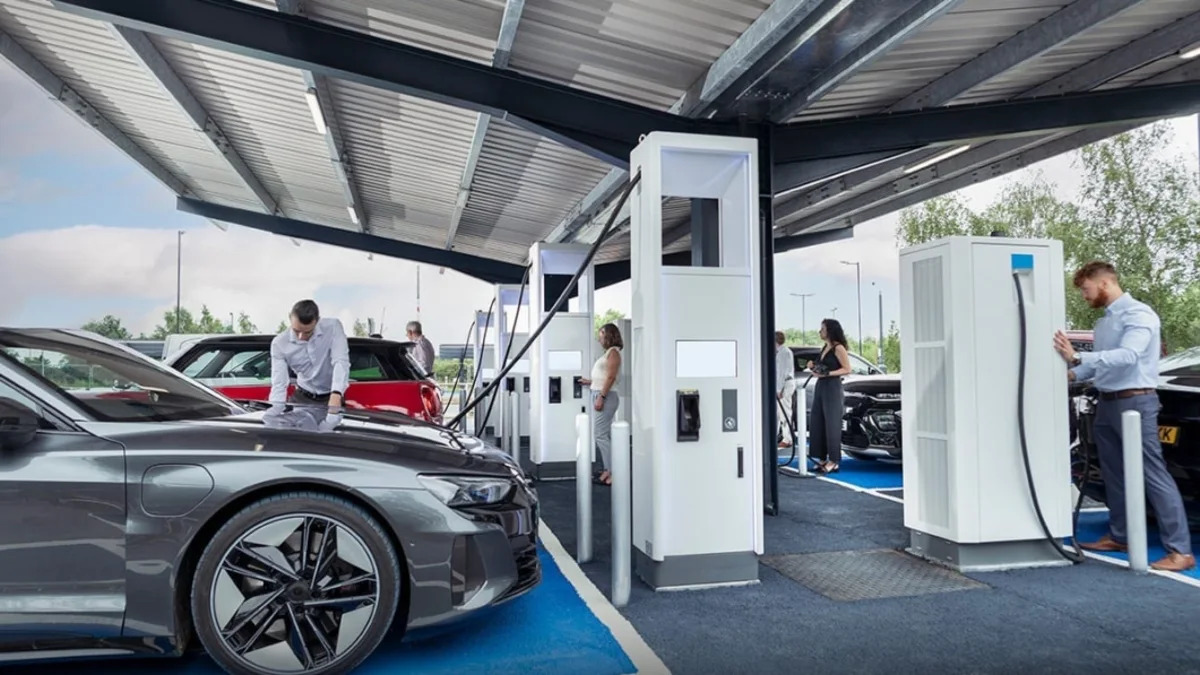- Proposition 30 would raise the personal income tax to create a Clean Cars and Clean Air Fund.
- Proponents say that the measure will help reduce greenhouse gases and clean California's air.
- Opponents say it's a scheme by rideshare companies to avoid paying for their electric vehicle transition.
A "yes" on California's Proposition 30 will increase personal income taxes for high-income residents to fund electric vehicle incentives, expand access to charging stations, and fund training for more firefighters during California's increasingly tumultuous wildfire seasons.
Ballot measure details
Proposition 30 would raise the personal income tax for those making more than $2 million annually by 1.75% to create a Clean Cars and Clean Air Fund separate from the state's General Fund.
The proposition text states the primary purpose of the fund is to reduce greenhouse gas emissions from two of the state's largest contributors — transportation and wildfires. The state legislative analyst's office estimates an increase of $3.5 billion to $5 billion annually in funding for climate change initiatives.
Most of the money in the fund would go toward helping people, businesses, and governments purchase zero-emission vehicles, while the rest would go to building more charging stations across the state and preparing and responding to wildfires, with an emphasis on training and hiring firefighters.
The tax increase would take effect on January 2023 and end in 20 years — or when the state gets greenhouse gas levels to 80% below 1990 levels for three consecutive calendar years, according to the state analyst's office.
Support and opposition
Yes on 30 includes a coalition of environmental and health groups, the California Democratic Party, and the rideshare company Lyft.
Supporters argue that a measure such as this is necessary to help clean California's air — especially in low-income communities — and divest from fossil fuels to combat climate change. They also say that this measure will make it easier for low-income Californians to access electric vehicles by partially paying for new vehicle purchases.
No on 30 includes Democratic Gov. Gavin Newsom, the California Republican Party, the California Teacher's Association, the California Chamber of Commerce, and the California Hawaii State Conference NAACP.
Opponents say that the ballot is a special interest measure that will benefit rideshare companies such as Lyft, who are now required by the California Air Resources Board to ensure that 90% of their vehicle miles are electric by 2030.
The rule did not specify who should cover the costs of this transition. Companies such as Lyft and Uber called on the state to provide drivers with subsidies to purchase new EVs while activists called on ride-share companies to shoulder the burden, CalMatters reported in 2021.
The state also argues that the tax will take money away from the state's general fund, used for spending on everything from education to healthcare.
Proponents, however, deny that the funds would benefit Lyft specifically.
The money race
According to Ballotpedia, more than $37.1 million has been poured into supporting this measure, while more than $12 million has been contributed in opposition.
The largest financial contributors for or against the proposition include Lyft, a coalition of rideshare companies, and labor and environmental groups, according to OpenSecrets.
